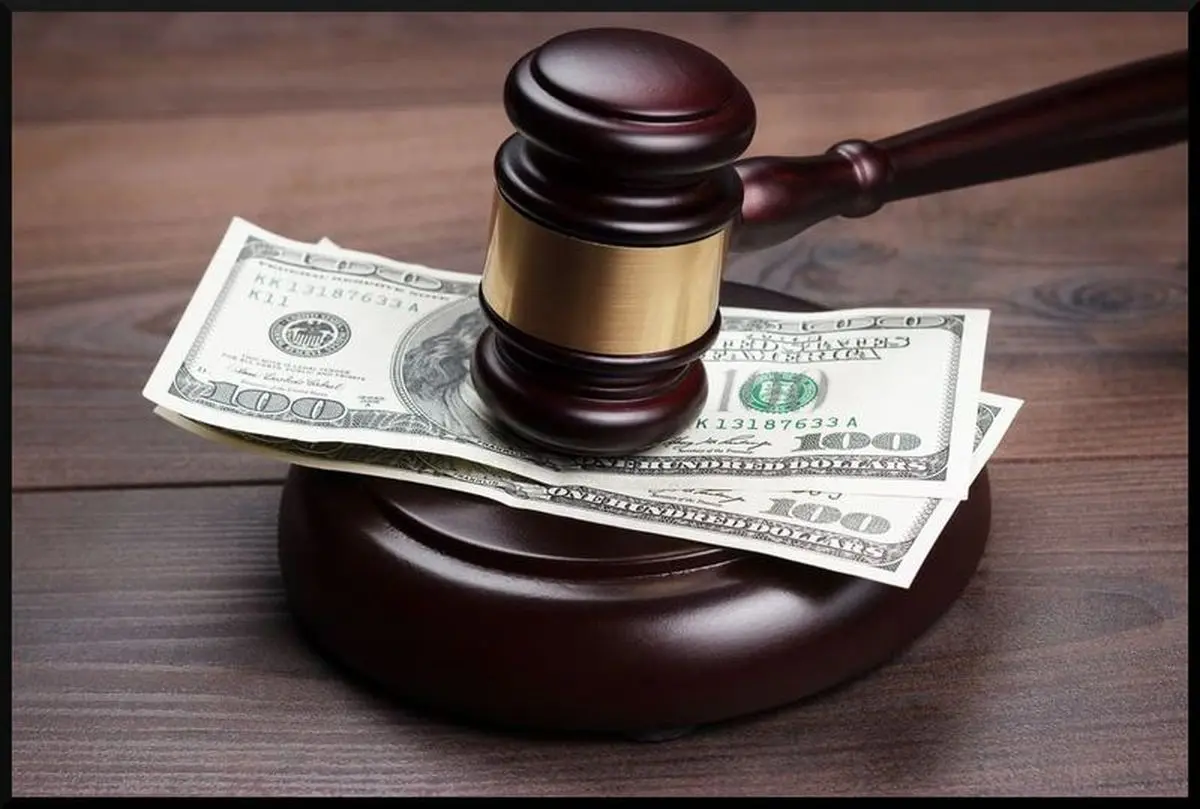By , Leave a Comment

Table of Contents
Arrange Cash for Bail in Courtroom
It’s always a good idea to have a close friend or family member present in the courtroom with cash in hand available, to post as cash bail at your arraignment.
Arraignment
“Arraignment” is your first court appearance in a criminal case after you’ve been arrested.
“Bail” is a sum of money that the court may require you to pay before releasing you at arraignment. The purpose of bail is to make sure you come back to court in the future.
If the Court sets bail and no one posts it, you’ll remain in jail until the Court changes your bail, which might not be until your case is resolved.
Bail Statuses
Your lawyer’s goal at arraignment often will be to get you released without bail.
Release without bail is also known as “release on recognizance” or “ROR”. However, you should prepare for the worst-case scenario: the arraignment judge might set bail on you.
The Court may order bail in a variety of forms. the primary three are:
- Cash
- Credit Card
- Bail Bond
Courts tend to set bail if the Court determines that you pose a “risk of flight”. A Court might find you’re a flight risk if, for example:
- You live out of state.
- You have a past history of receiving bench warrants.
- You are arrested while a previous case is pending; or
- You are arrested while on parole.
- You are arrested while serving a sentence of probation.
Even if the likelihood of bail is low, you should arrange to have someone present in court at your arraignment with cash on hand to post your bail. Better to be safe than sorry: if the Court sets bail, you’ll be sitting in jail until someone posts it.
Cash Bail
Cash bail is bail posted in the form of cash. Bail can be posted in forms other than cash, such as a bail bond.
In New York City, the Department of Finance holds your bail until the Court orders it to be returned to you – usually at the end of your case.
If you don’t go to court when you’re supposed to, the person who posted your bail will forfeit the money – the City will keep it.
Need to Discuss Bail?
Schedule a FREE CONSULTATION with Bruce Yerman, Attorney at Law
You Probably Can’t Post Your Own Bail
Police confiscate money you possess when they arrest you. So, if the Court sets bail, you most likely won’t be able to post it yourself.
It’s a good idea to have a trusted family member or friend in court on your behalf to post bail at your arraignment.
In New York City, if bail is set, and no one is immediately present to post it at the courthouse, you’ll be taken to jail and held there until someone does.
Speedy Release
By planning in advance, you can arrange to have your bail posted in the courthouse, moments after your arraignment.
If bail is set in an amount that you can afford, but you haven’t arranged in advance to have someone post it immediately at the courthouse, you’ll remain in custody until someone posts it at the jail. This will add many hours, if not days, to the amount of time you spend in custody.
Posting cash bail at jail typically requires the person posting it to stand on line with a substantial sum of cash, at a jail, and wait to post it.
Posting bail at the courthouse typically takes a few minutes, in friendlier surroundings. The experience is less unpleasant for the person posting your bail if you arrange for it to happen at the courthouse.
I always advise clients to have someone present in court at arraignment, with enough cash if possible to cover the worst-case bail scenario.
If the cash brought to court isn’t needed, the funds can be returned to wherever they came from. However, if the judge sets bail, funds will be immediately available to post at the courthouse, reducing your time in custody hours if not days.
Free Consultation
Bruce Yerman is an criminal defense attorney in New York City. His office is located in Suite 1803 of 299 Broadway in Manhattan.
If you’d like a free consultation to discuss cash bail, or any other issue related to criminal defense or family law, call Bruce at:
Or email Bruce a brief description of your situation:

Leave a Reply